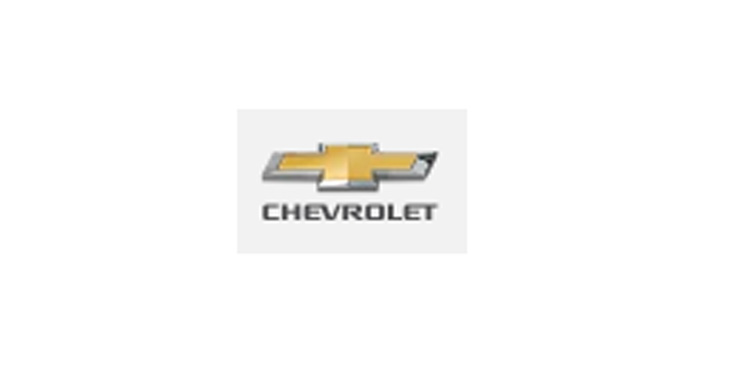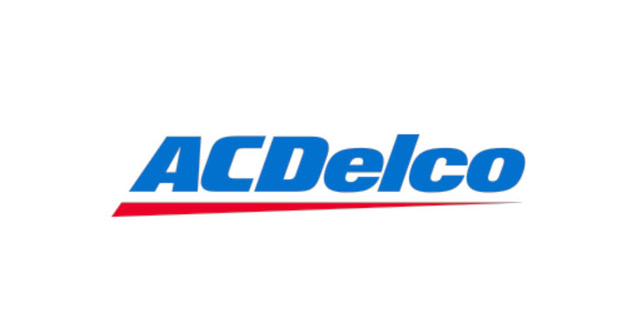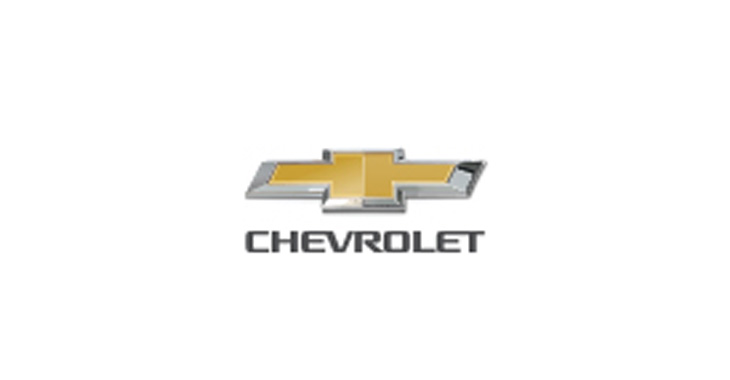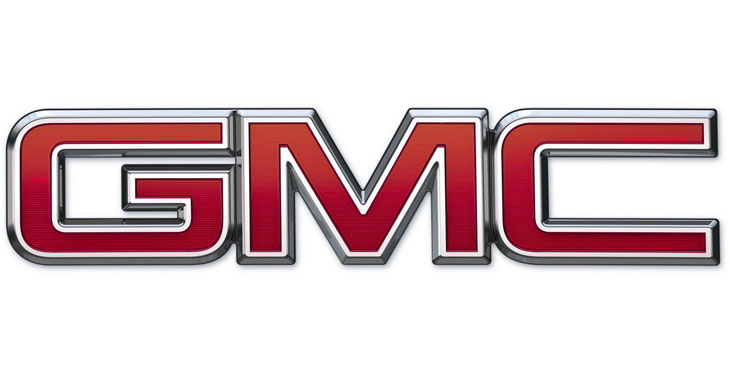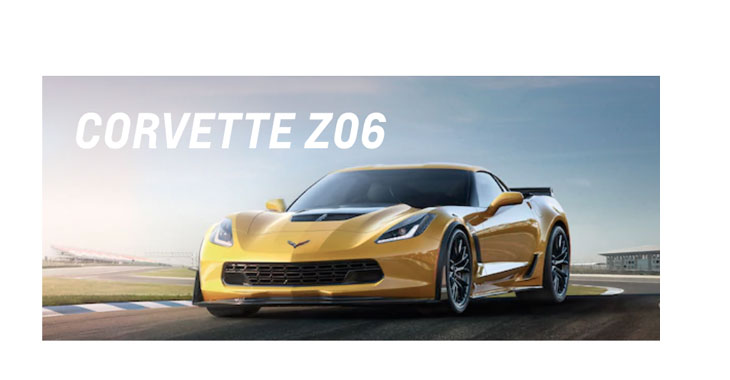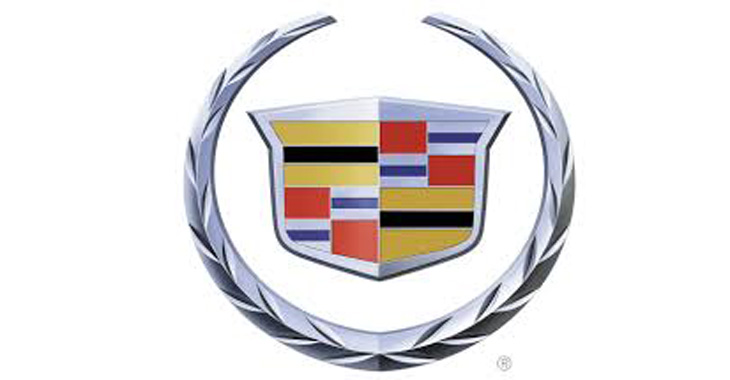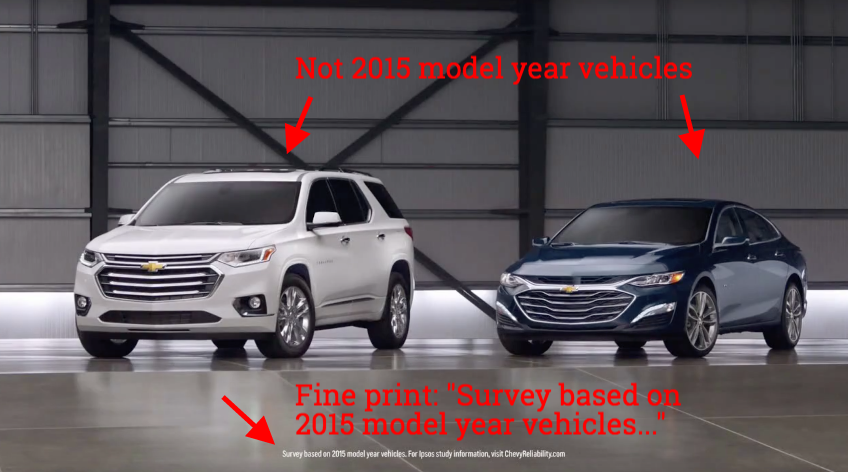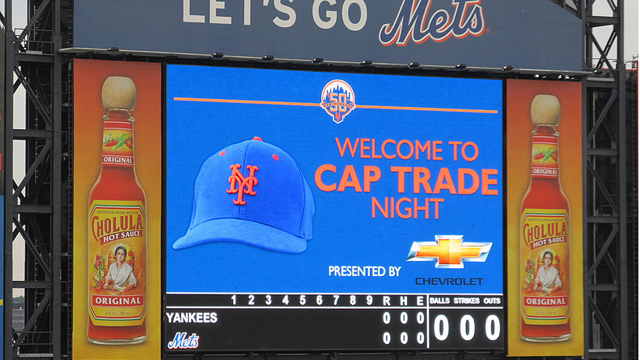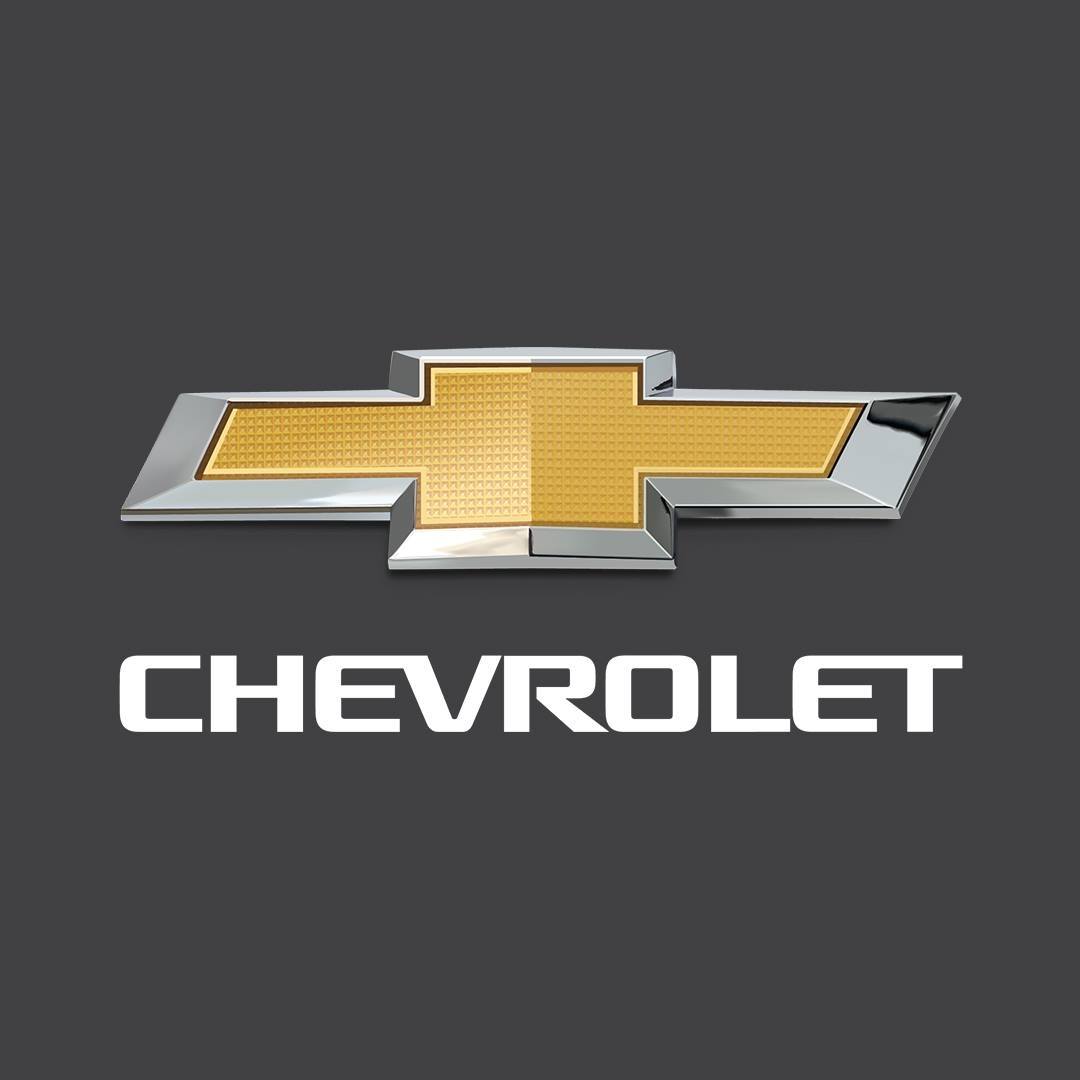
Various Cadillac, Chevrolet, and GMC Vehicles
Allegations: Marketing vehicles as safe and reliable when engines can suffer damage, fail or lose propulsion due to a defect
August 2018: A federal judge granted part of General Motor’s motion for judgment on the pleadings and dismissed or struck some of the claims in the complaint. The remaining claims will move forward. To learn more about the dismissed and continuing claims, click here to read the court order.
2017: A Consolidated Class Action Complaint was filed against General Motors for allegedly falsely advertising 2011-2016 Silverado and Sierra HD 2500 and 3500 vehicles with Duramax engines. Specifically, the complaint claims that the company represents that the Duramax engines in these vehicles reduce “heavy diesel fuel into a fine mist” resulting in “low emissions” when, according to plaintiffs, “defeat devices” in the vehicles turn down emission controls during testing and the vehicles emit more NOx than advertised during normal driving. (The complaint was originally filed in May 2017 and amended when the consolidated complaint was filed in August 2017.) (In Re: Duramax Diesel Litigation, Case No. 17-cv-11661, E. D. MI.)
Allegations: Marketing vehicles as safe and reliable when engines can suffer damage, fail or lose propulsion due to a defect
Allegations: Failing to disclose that data regarding consumers’ driving behavior collected by OnStar is shared with third parties
Allegations: Misleadingly marketing Chevrolet Bolt electric vehicles
Allegations: Falsely marketing vehicles as safe, durable, and reliable
Allegations: Deceptively marketing vehicles as “Clean Diesel”
Allegations: Falsely marketing filters as Made in USA
Allegations: Misleadingly marketing vehicles as safe and functional when there is a risk the batteries will catch on fire
Allegations: Overstating the weight that vehicles can safely pull
Depends who you ask.
Chevy pulls a bait and switch as it attempts to pass off unproven new models as dependable.
It’s all in the math and how you define some terms.
What happens when a giveaway cap costs more than just a ticket?


